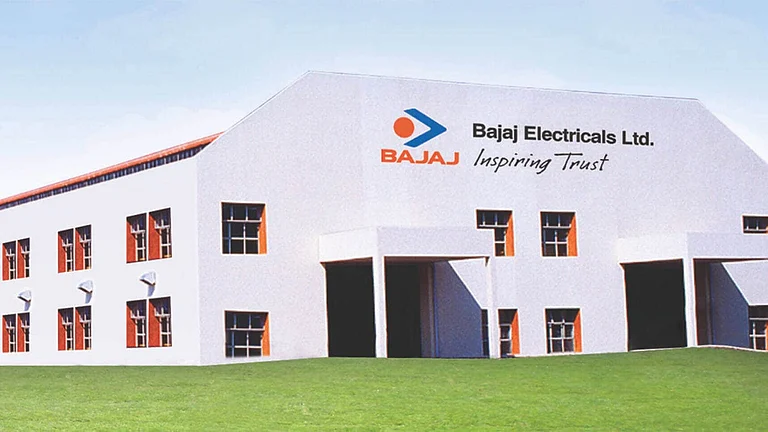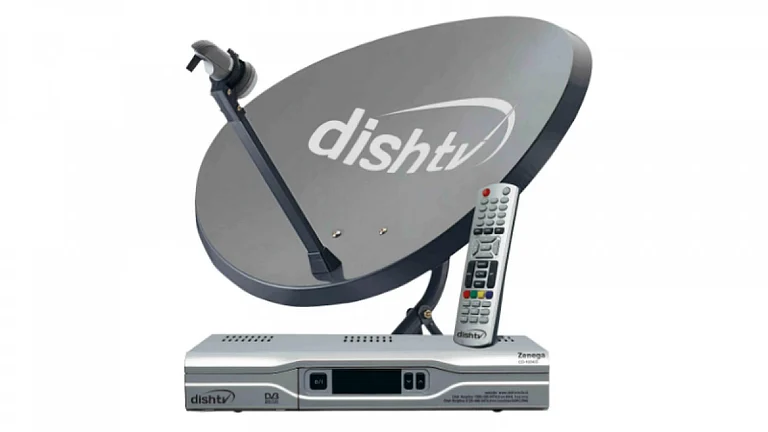
PhysicsWallah readies ₹3,480 crore IPO; price band ₹103–109 per share
Founders Prateek Maheshwari and Alakh Pandey defend widening losses as growth investment
Company cites ₹3,000 crore revenue in five years; valuation scrutiny persists
Edtech firm PhysicsWallah during a press conference on Thursday faced pointed questions over widening losses and a valuation that critics say looks outsized relative to current revenue.
The conference comes as co-founders Prateek Maheshwari and Alakh Pandey prepared the company for a marquee public offering next week.
When asked about the company’s break-even horizon, Maheshwari said short-term losses are a deliberate trade-off for fast expansion. He highlighted the firm’s revenue momentum, saying PhysicsWallah was “the first consumer internet company which in five years achieved a ₹3,000 crore top line” and that “in the last two years our revenues have grown four times”, and argued those trends, not current accounting losses, should shape long-term value.
He also noted there were no insider sell-downs recorded on the company’s books so far, citing founder commitment to the business.
PW IPO Push
PhysicsWallah is slated to open its initial public offering on November 11, seeking to raise ₹3,480 crore via a ₹3,100 crore fresh issue and a ₹380 crore offer-for-sale led by promoters.
The price band is set at ₹103–109 per share, with 75% of the issue reserved for qualified institutional buyers, 15% for retail investors and 10% for non-institutional investors. The RHP positions the listing as a growth capital raise tied to accelerated offline and online expansion.
Valuation & Profitability
Facing a suggestion from a journalist that the market valuation seemed “about ten times our revenue,” the founders defended the multiple as reflective of long-term societal returns and investor confidence in the platform’s scaling potential.
He also sought to reassure markets on insider conviction by saying, “How many people are selling on our book? Zero.”
Prateek framed PhysicsWallah’s losses as a trade-off for building a scalable education platform, contrasting the company with small, family-run tuition centres that he said lack “headroom for expansion.” He called student outcomes the ultimate metric of value, noting that the company’s improvements in both online and offline learning have been substantial.
Competitors Triggered Ad Controversy
The co-founders were pressed on a recent advertising controversy that drew negative publicity and local authority attention. Pandey acknowledged reputational risk but maintained the episode was being overstated and described its commercial impact as limited.
He said management was working with teachers and staff on conduct guidelines and framed the episode as a reputational issue. Both founders repeatedly invoked student outcomes as the company’s ultimate yardstick of value.
“If you read the whole issue in detail you’ll understand what’s in that issue and what’s not,” Pandey said, arguing that competitor-driven narratives had amplified the story.
He emphasized the company’s social mission in defending its public image. “PW’s value is infinite. I’ll tell you,” Alakh said, invoking the human outcomes such as students from underprivileged backgrounds reaching premier institutions.

































